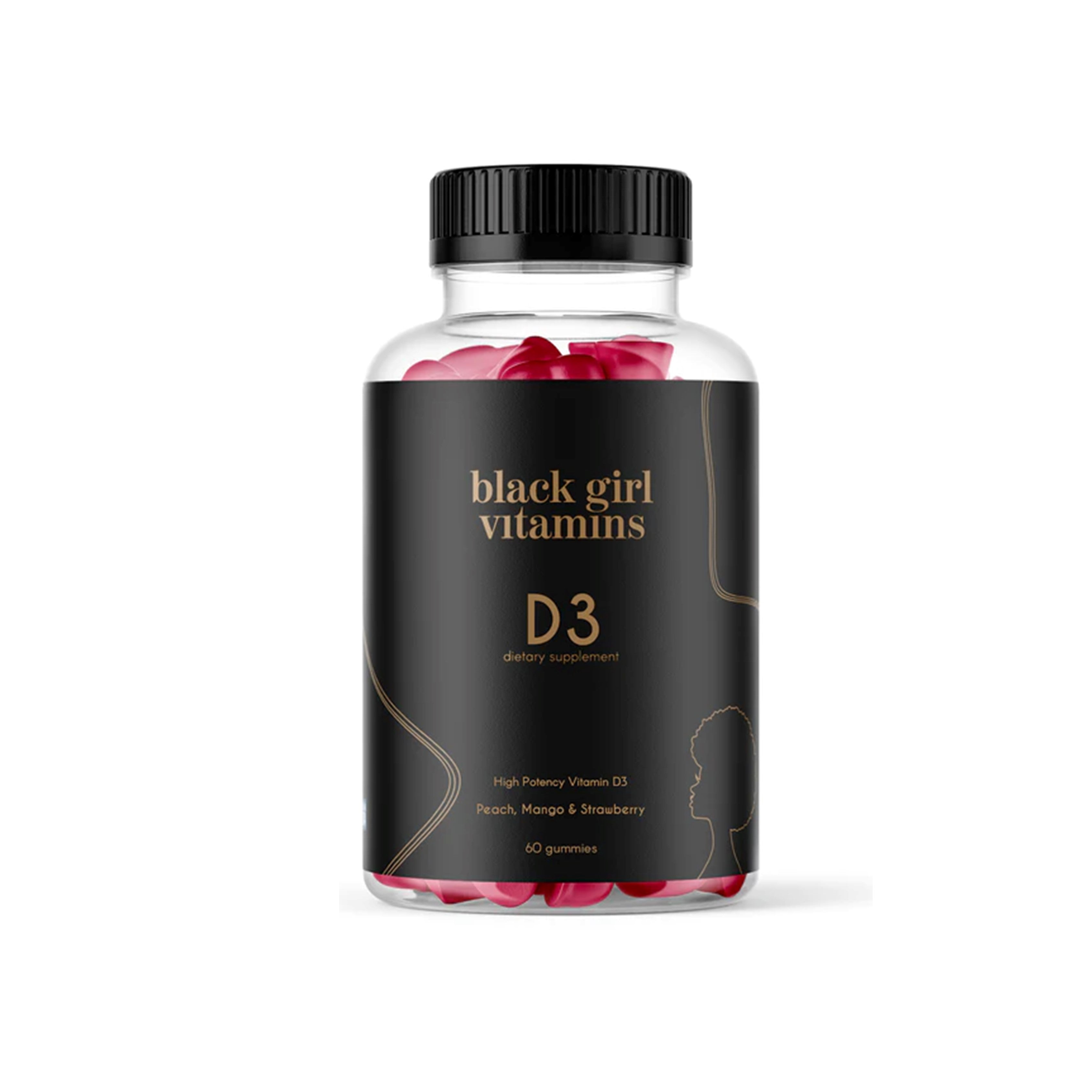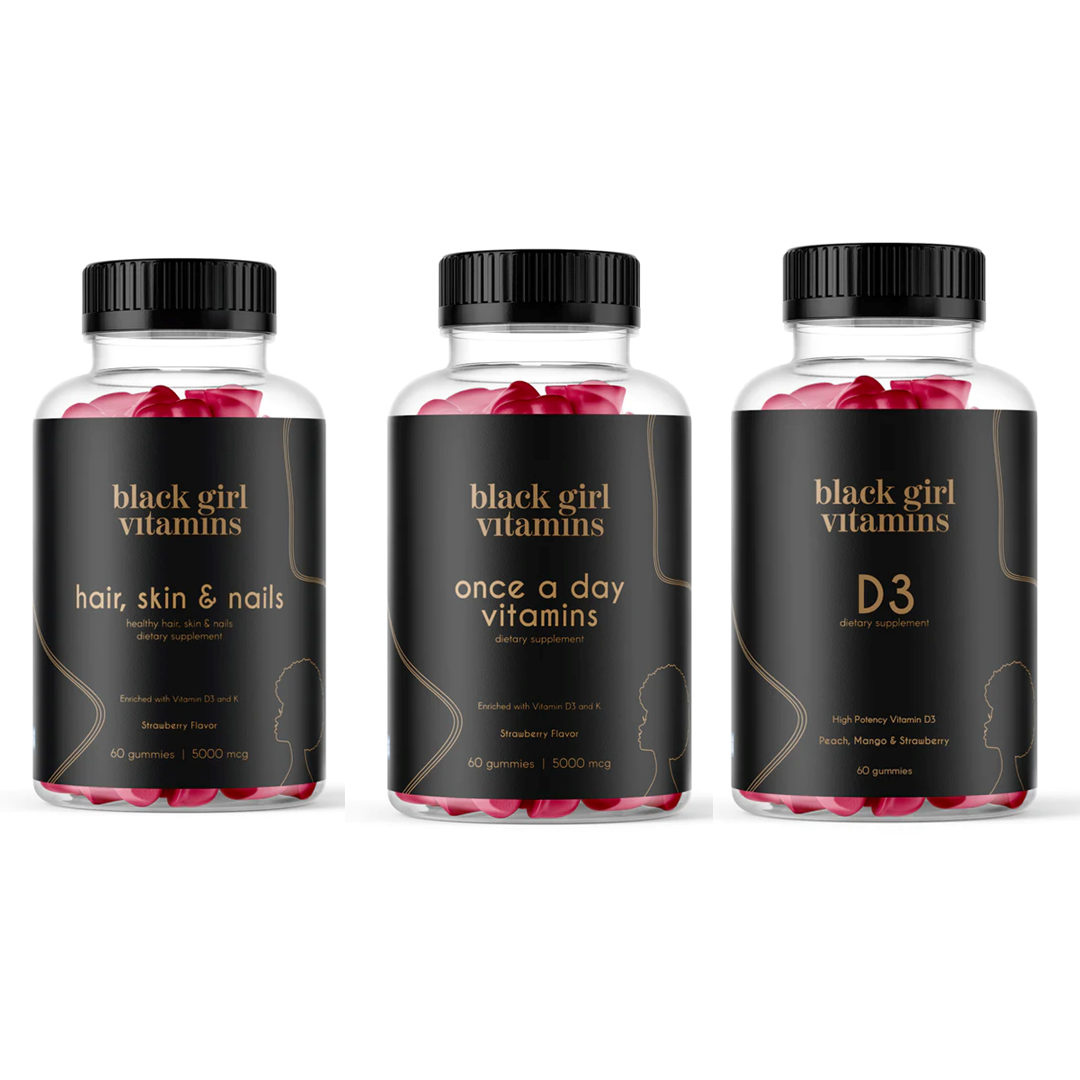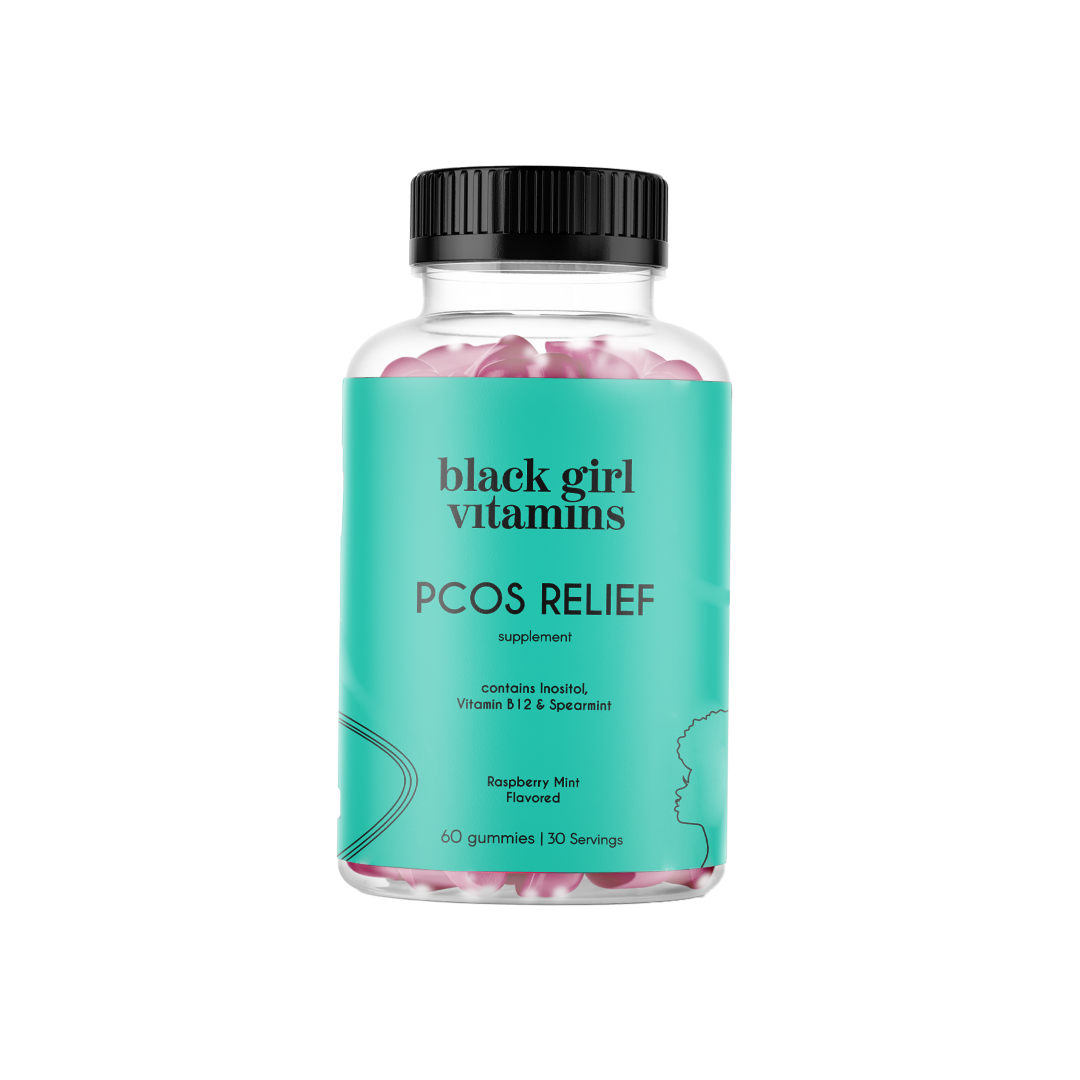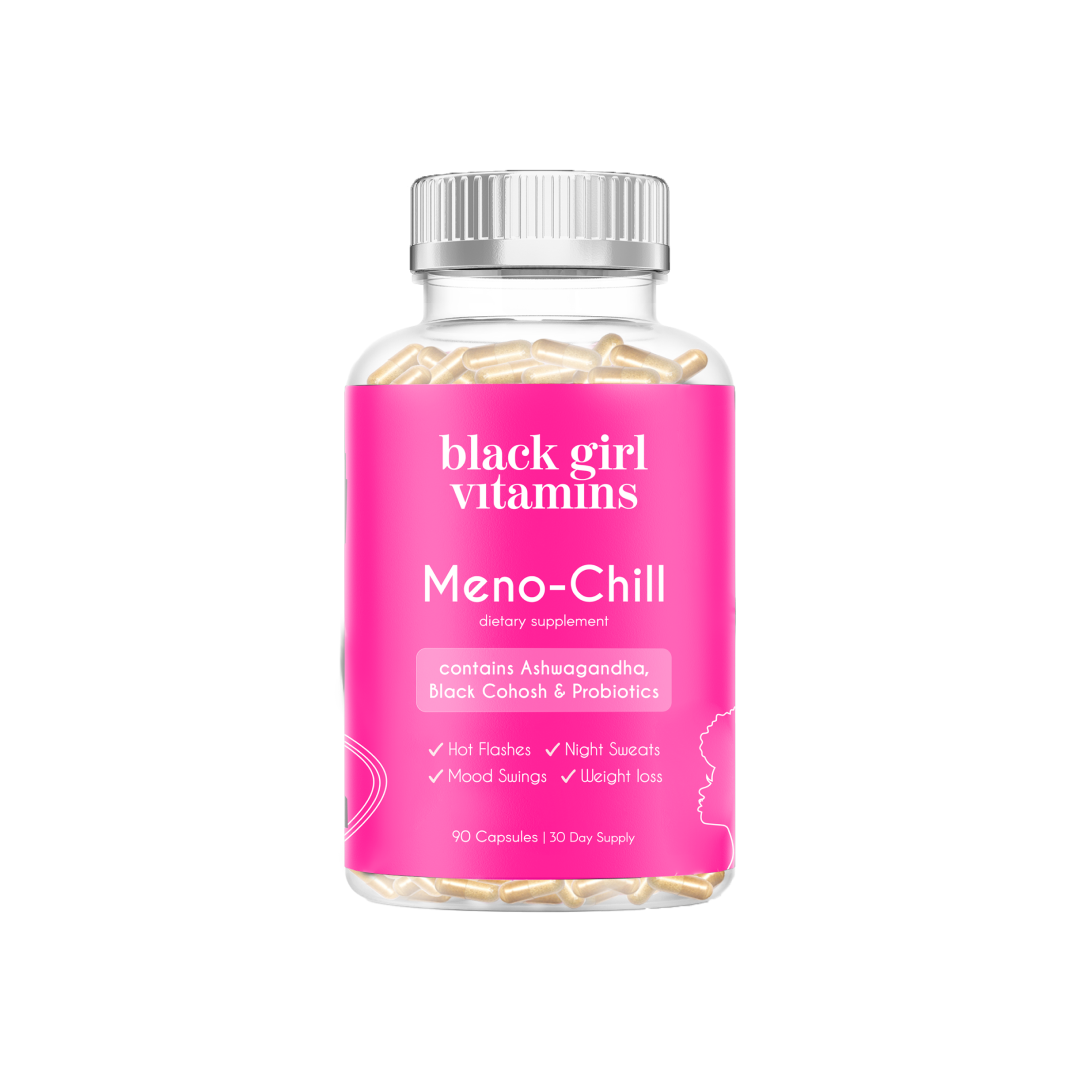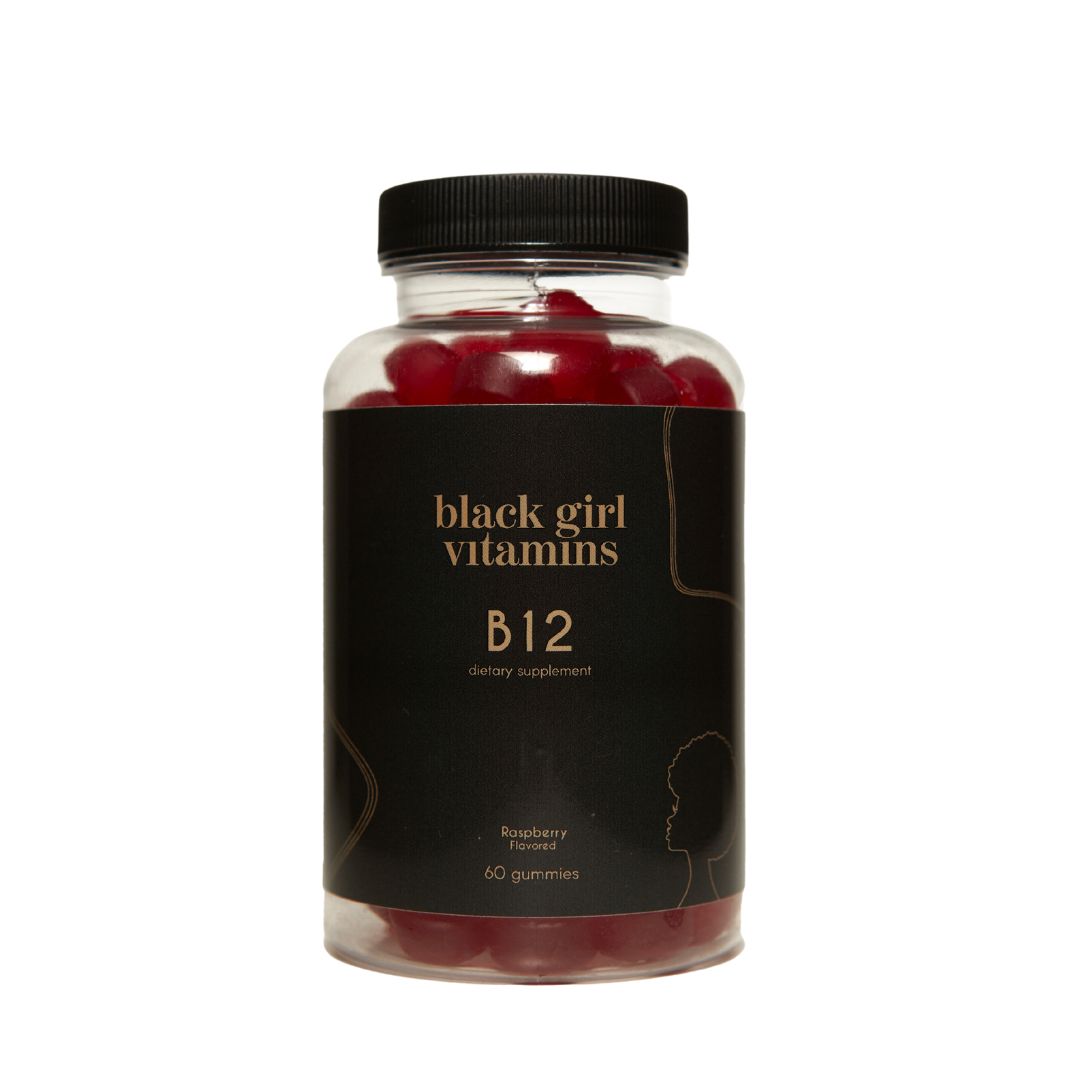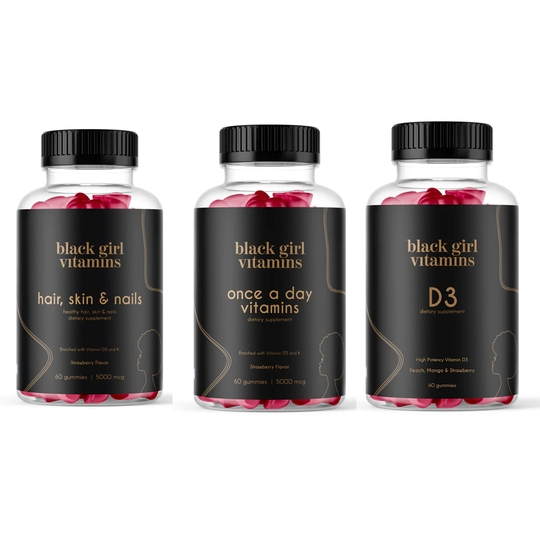Iron Deficiency May be A Cause of Corporate Burnout in Black Women
Ganiyat Adeniji for Black Girl Vitamins
Think of your body as a busy factory where cells are the workers. These workers need oxygen to function, and iron helps produce it. Iron deficiency occurs when your body lacks iron to make hemoglobin, a protein in red blood cells that carries oxygen to your tissues. It’s like a factory running low on fuel, causing the workers (your cells) to slow down or stop. The danger of iron deficiency is that it can lead to iron deficiency anemia, a more serious condition that affects how your body functions.

Signs and Symptoms of Iron Deficiency
Certain signs may indicate that your body is experiencing iron deficiency.
Fatigue: The most prevalent sign is a persistent feeling of tiredness. This occurs because, without sufficient iron, your body struggles to produce enough hemoglobin. When hemoglobin levels are low, the oxygen levels drop, resulting in fatigue.
Weakness: Another common indicator is a general sense of weakness. This weakness means your body is not getting enough oxygen, which you need to stay energetic and healthy.
Changes in Skin Color: You might notice changes in your skin color. Hemoglobin imparts a pinkish hue to your skin. Therefore, lower levels of it can cause your skin to appear paler than usual.
Shortness of Breath: If you're short of breath, especially when exercising, it could be another sign. This happens when your body tries to get more oxygen to your tissues by making you breathe faster.
Headaches and Dizziness: This can happen also when your brain isn't receiving sufficient oxygen. You might also notice your heart beating faster because it's trying to pump more blood to make up for the lack of oxygen going to your tissues.
Some people with iron deficiency might notice their nails getting brittle or changes in their hair, including hair loss and changes in texture. Another sign is pica, a craving for non-food items like ice or dirt. This is thought to be your body's way of trying to get the minerals it's missing.
Iron Deficiency in Black Women
Iron deficiency is a key health challenge in the U.S., especially for Black women. A study found that iron deficiency is much more common in Hispanic and Black women aged 25-54 years than in White and Asian women. It also said that at least 10 percent of all Black women have iron deficiency anemia.
There are many reasons why Black women are more prone to iron deficiency. One main reason is diet. This is more likely for people who are vegan or strict vegetarians. Being pregnant is another factor. When you're pregnant, your body has more blood, which can lower the amount of red blood cells and cause anemia. Having many pregnancies and births can greatly increase this risk. Certain chronic diseases, like kidney disease, can also affect your body's ability to make red blood cells, leading to anemia. Also, digestive problems like Crohn’s disease, celiac disease, or even gastric bypass surgery can affect how your body absorbs iron. Some types of anemia are hereditary, meaning they're passed down through genetics. This can also lead to higher rates of iron deficiency in certain people.
Iron deficiency can affect Black women in all areas, including their careers. For instance, constant feelings of tiredness can be particularly unpleasant in the corporate world, where there's a lot of pressure. This situation can make work seem even harder, which could lead to burnout. Also, because iron deficiency can weaken your immune system, you are more likely to get sick. This can mean you have to take more time off work, which can increase the stress that you face. Plus, iron deficiency can affect memory and attention. In a professional setting, where these skills are often needed, this is bound to make you less efficient than you ought to be.

Some Tips to Help Deal with Iron Deficiency:
Change your diet: Eating a diet rich in iron is one of the most effective ways to prevent iron deficiency. Iron-rich foods include meat, poultry, fish, fortified cereals, beans, and spinach.
Use iron supplements: These can be especially helpful for people with a diagnosed deficiency. One way to get your daily dose of iron is by taking iron gummies from Black Girl Vitamins. If you have a busy and stressful lifestyle as a corporate worker, iron gummies can help you feel more energetic and healthy.
Seek medical advice for heavy menstrual bleeding: For women who have heavy menstrual bleeding, a common cause of iron deficiency, it might be helpful to seek medical advice for management strategies. This could include hormonal treatments or other therapies to manage heavy periods.
Get regular check-ups and blood tests: Early detection allows for quick treatment, which can prevent the deficiency from becoming iron deficiency anemia.
Manage stress and lifestyle factors: Chronic stress has been linked to physical changes that could be linked to anemia. So, managing stress through various techniques like yoga, or other relaxation practices could potentially help prevent iron deficiency.
The symptoms of Iron deficiency can cause a disruption in one's daily activities, and for most Black women in the corporate world, Iron deficiency is not merely a health concern; it has far-reaching implications that touch every aspect of life, including professional careers. By acknowledging its impact and seeking proactive solutions, we can ensure the well-being and success of Black women within the corporate world and beyond.
Disclaimer: The information provided in this blog is for educational and informational purposes. It is not intended to be a substitute for professional medical advice, diagnosis, or treatment. Always seek the advice of your physician or other qualified health provider with any questions you may have regarding a medical condition. Never disregard professional medical advice or delay in seeking it because of something you have read in this essay. Always consult with your healthcare provider before making any changes to your medical regimen.
Reviewed by Bryanne N. Standifer-barrett, MD





